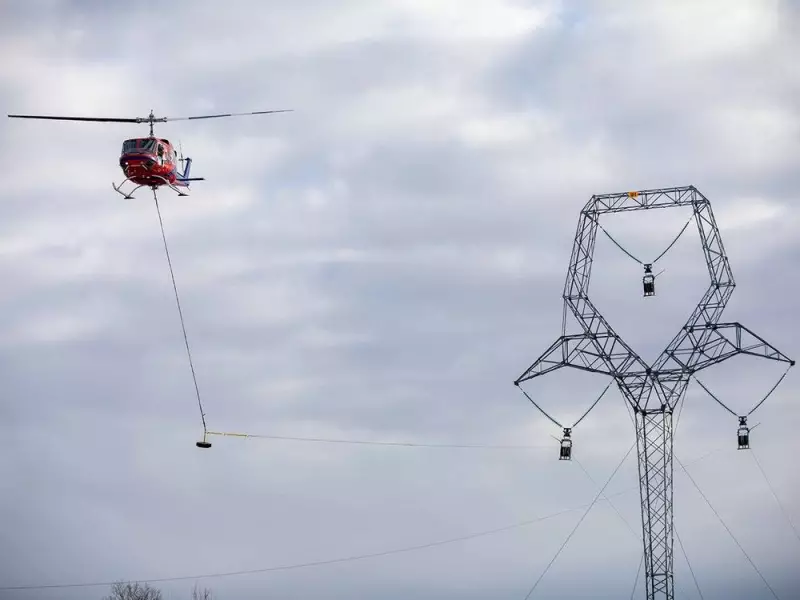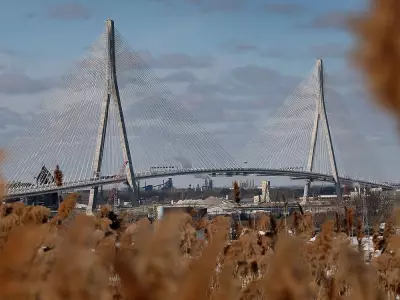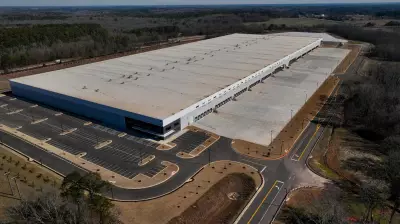
British Columbia could be heading toward an unexpected early election, with Premier David Eby's ambitious Northwest transmission line project emerging as a potential political flashpoint. The controversial power infrastructure initiative is creating deep divisions that might force the NDP government to seek a renewed mandate from voters.
The Billion-Dollar Power Play
The proposed Northwest transmission line represents one of the most significant infrastructure investments in recent BC history. Designed to connect the North Coast region to the provincial power grid, this massive project aims to support economic development and transition remote communities from diesel generators to clean hydroelectric power.
However, the initiative faces mounting opposition from multiple fronts. Indigenous communities along the proposed route have raised serious concerns about environmental impacts and inadequate consultation. Meanwhile, political opponents question the project's staggering cost estimates and whether the economic benefits justify the substantial public investment.
Political Pressure Cooker
Premier Eby finds himself in a challenging position. The transmission line aligns with his government's climate goals and economic development agenda, but the growing resistance threatens to derail one of his signature policies. Political analysts suggest the government might calculate that seeking an early election could provide the political capital needed to push the project forward.
The opposition BC United party has seized on the controversy, positioning itself as the voice of fiscal responsibility and proper consultation. Their criticism resonates with voters concerned about government spending and those who feel their communities are being overlooked in the decision-making process.
Indigenous Relations at Stake
Perhaps the most significant challenge comes from Indigenous nations whose traditional territories would be affected by the transmission corridor. Several communities have expressed frustration with what they describe as inadequate consultation and insufficient consideration of their rights and title.
This puts the NDP government in a particularly difficult position, given their historical commitment to reconciliation and implementing the United Nations Declaration on the Rights of Indigenous Peoples. How the government navigates these relationships could determine not only the fate of the transmission line but also their broader Indigenous relations agenda.
Economic Implications and Energy Future
Proponents argue the transmission line is essential for BC's economic future. The improved electrical infrastructure would enable development of the Northwest's rich mineral resources, particularly critical minerals needed for the clean energy transition. It would also provide reliable, clean power to remote communities currently dependent on expensive diesel generation.
Critics, however, question whether the projected economic benefits justify the multi-billion dollar price tag. They point to alternative approaches, including localized renewable energy projects that could meet community needs without the environmental disruption of a major transmission corridor.
Election Countdown?
With the legislature facing increasing gridlock over the issue and public opinion divided, political observers are watching closely for signs of an early election call. The NDP government maintains a comfortable majority, but the transmission line controversy has emerged as a defining issue that could reshape BC's political landscape.
As summer approaches, all eyes are on Premier Eby's next move. Will he attempt to forge compromise and consensus, or will he bet that British Columbians will give him a stronger mandate to push through his vision for the province's energy future? The answer could come sooner than anyone expected.






